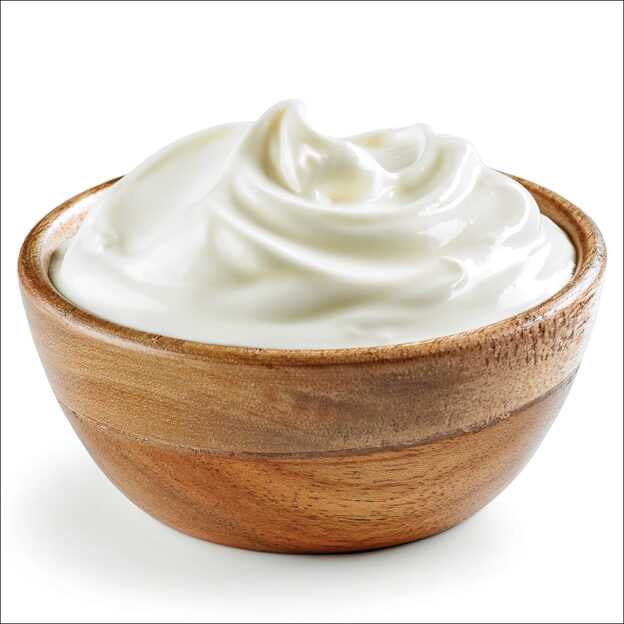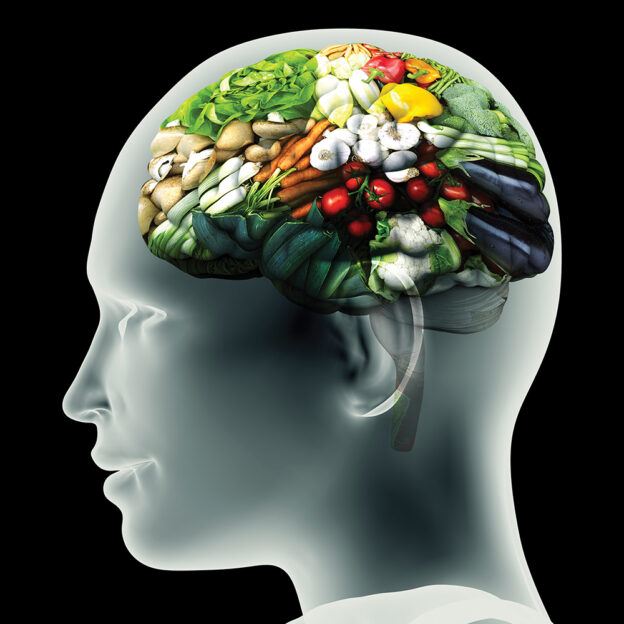By Jane Hersey

A new study from Cornell University has found that environmental factors associated with staying inside too much because of a rainy climate, such as that found in the Pacific Northwest, may trigger autism in children who are genetically predisposed to this condition.
According to the study, published in the American Medical Association’s Archives of Pediatrics and Adolescent Medicine, these factors may include exposure to household chemicals, and vitamin D deficiency caused by lack of sunlight.
Autism is characterized by impaired communication and social skills, as well as repetitive behaviors and uneven intellectual development. The number of children diagnosed with any form of this condition has climbed dramatically over the last three decades, from one in 2,500 children to one in 150 children.
Vitamin D.
The Cornell study suggests that a vitamin D deficiency caused by reduced exposure to sunlight may be another environmental trigger for autism in genetically predisposed children who spend excessive time inside.
The human brain has many receptors for vitamin D, so it appears to be very important to the central nervous system. This vitamin has also been linked with depression and Parkinson’s disease and is thought to affect proteins involved in motor control, learning and memory.
Household Chemicals.
I was not surprised by the Cornell researchers’ suggestion that exposure to household chemicals might trigger autism. In fact, associates at the Feingold Association have been showing parents of children with learning and behavior problems how to avoid these toxins for many years.
It’s important to try to limit children’s exposure to scented cleaners, germicidal sprays, furniture waxes, room deodorizers, carpet and oven cleaners, insecticides, moth balls, oil-based paint, and solvents such as paint thinner. Mixing clear dish detergent and baking soda creates a nontoxic cleanser that can take care of many household cleaning jobs.
It’s good to wash new clothes and linens right away, because some children have behavioral reactions to the off-gassing of formaldehyde and fire-retardant chemicals used in some fabrics.
It’s also important for parents to choose toothpaste, mouthwash, medicines, vitamins, soaps, and lotions that have not been synthetically colored, flavored or scented. (Natural personal care products such as these are included in the Feingold Association’s Foodlist & Shopping Guide.)…
For more information, author bio, and references see the full article in the Vol. 18, No. 3, May/June 2009 (available in print and digital format) of Well Being Journal.





